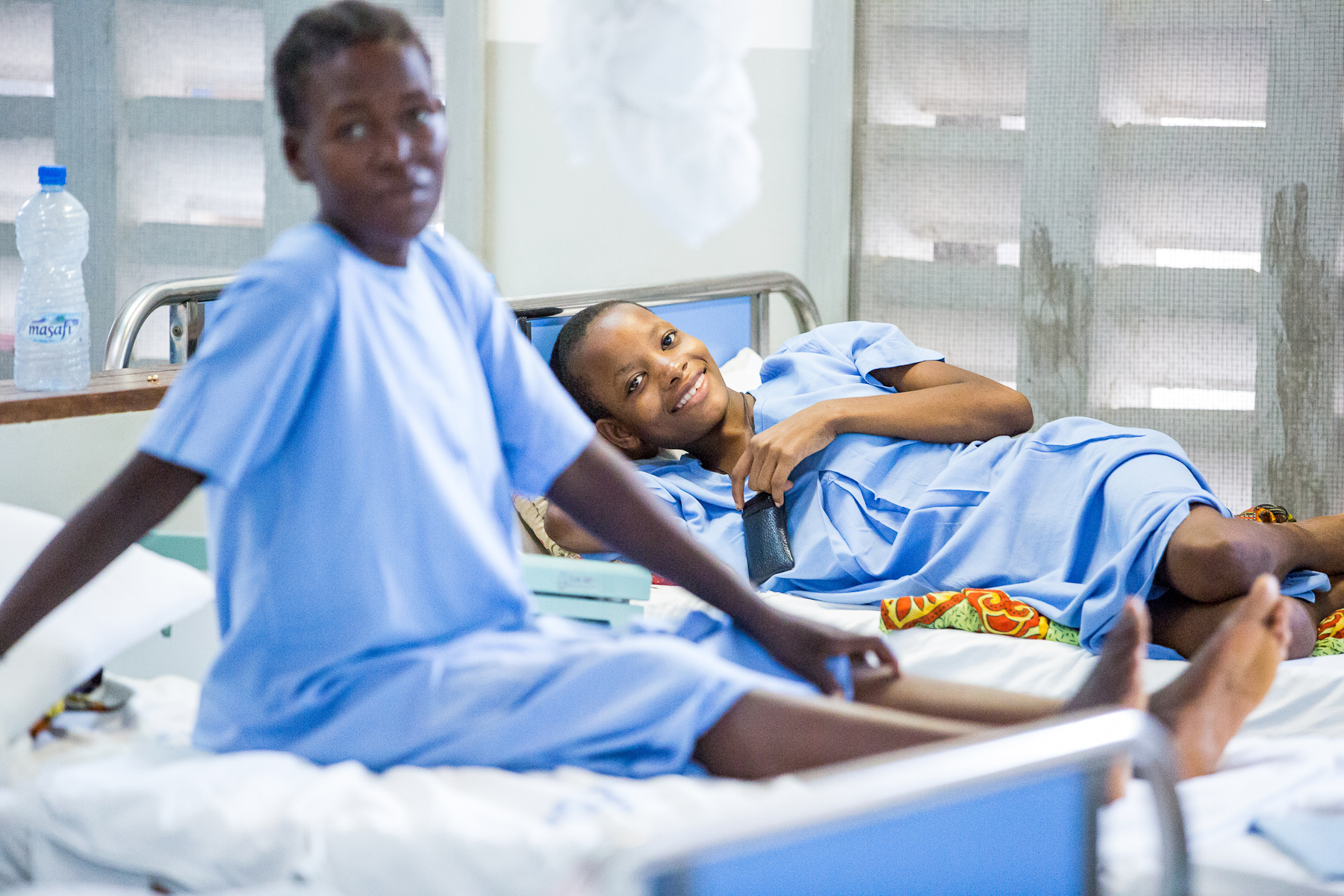“They need to know that there is life after fistula”

Originally posted on the CCBRT blog
“I always do the night shift, so I have lots of time to talk,” says nurse Damaris in the fistula ward. In fact, talking is part of her job. Damaris is one of very few nurses in Tanzania trained in counseling – an essential service for women recovering from obstetric fistula, most of whom have experienced great emotional trauma before accessing treatment.
We recognize that women and girls recovering from fistula require a comprehensive team of health professionals – from surgeons to counselors – for holistic recovery. That’s why we invest in training for nurses like Damaris. Before joining the team on the fistula ward, Damaris completed training at a nearby university to become a counselor. She explains: “Working with women recovering from fistula is emotional. After training, I can be strong to help carry their burden and help them move past their painful experiences.”
Damaris adds, “Even if women are physically healed from fistula, without counseling they are only halfway toward recovery. They need to know that there is life after fistula. They can return to their communities. They can connect with friends and family. They can start their own business.”
Damaris recalls one patient specifically, with a complicated case of two fistulae. Damaris noticed her patient’s distress – she didn’t talk to anyone and spent all of her time alone. In counseling, she began to open up to Damaris about her experience of abandonment: “I’m not even wanted by my own mother and father,” she revealed. But Damaris knew her future was bright. “I told her that everything was possible, that she would go back happy. And that I would support her every day until she went home dry.” The woman made a full recovery, and months later, she and Damaris still talk on the phone.
What inspires Damaris’ commitment to women with fistula? “They are women just like me. Their stories should be heard. Even though I can’t solve everything, I know that talking makes a big difference.”
There is great need for psychological support for women recovering from fistula in Tanzania. Damaris hopes that CCBRT can continue to train more fistula nurses in specialized counseling skills – “especially nurses on the night shift!”


